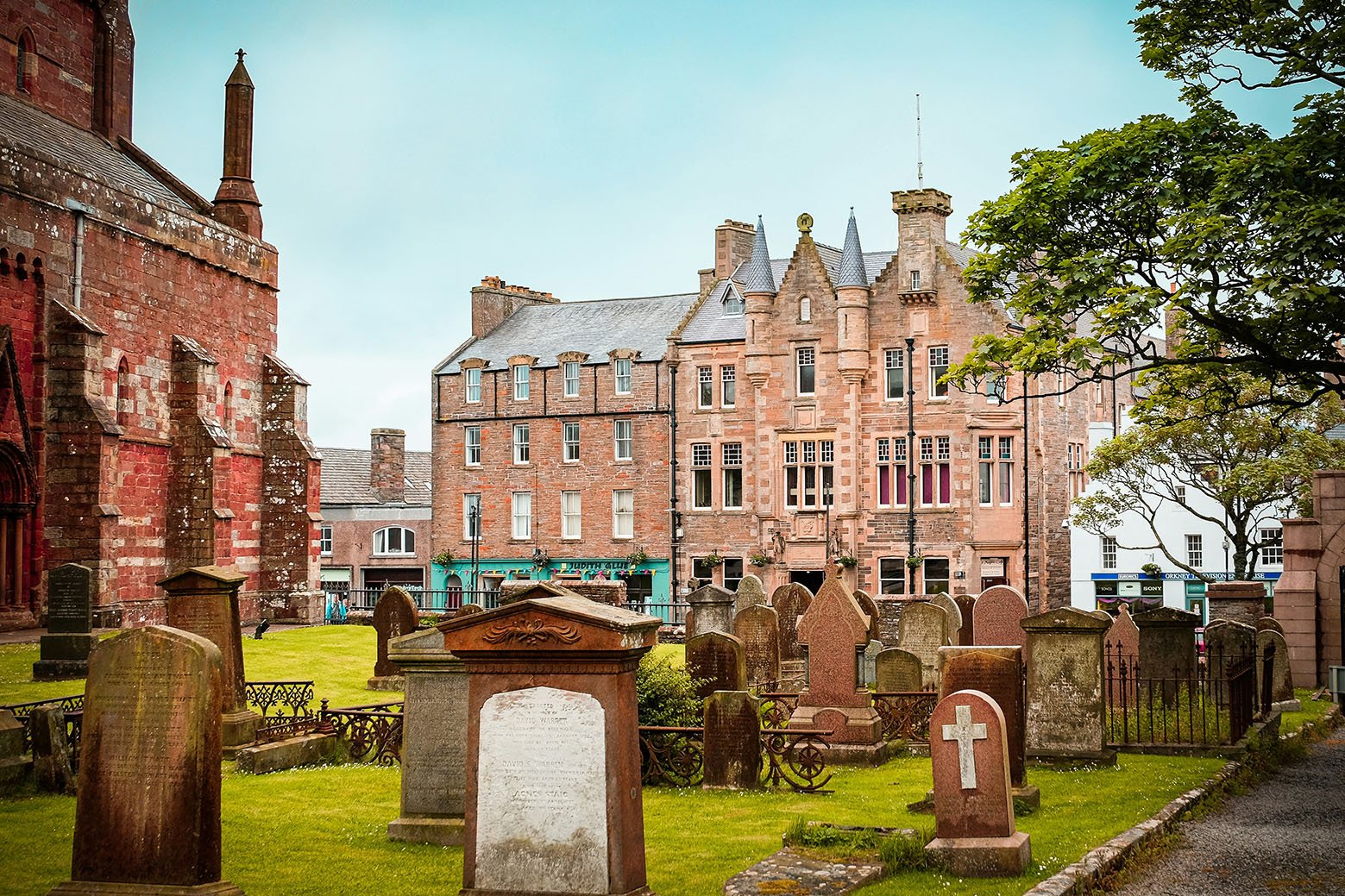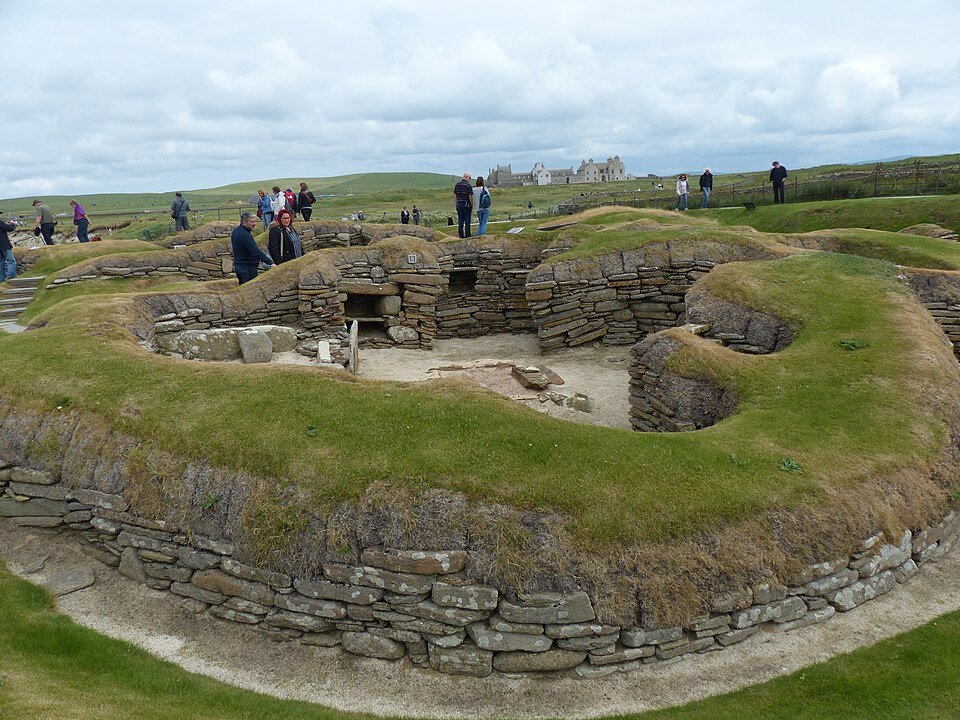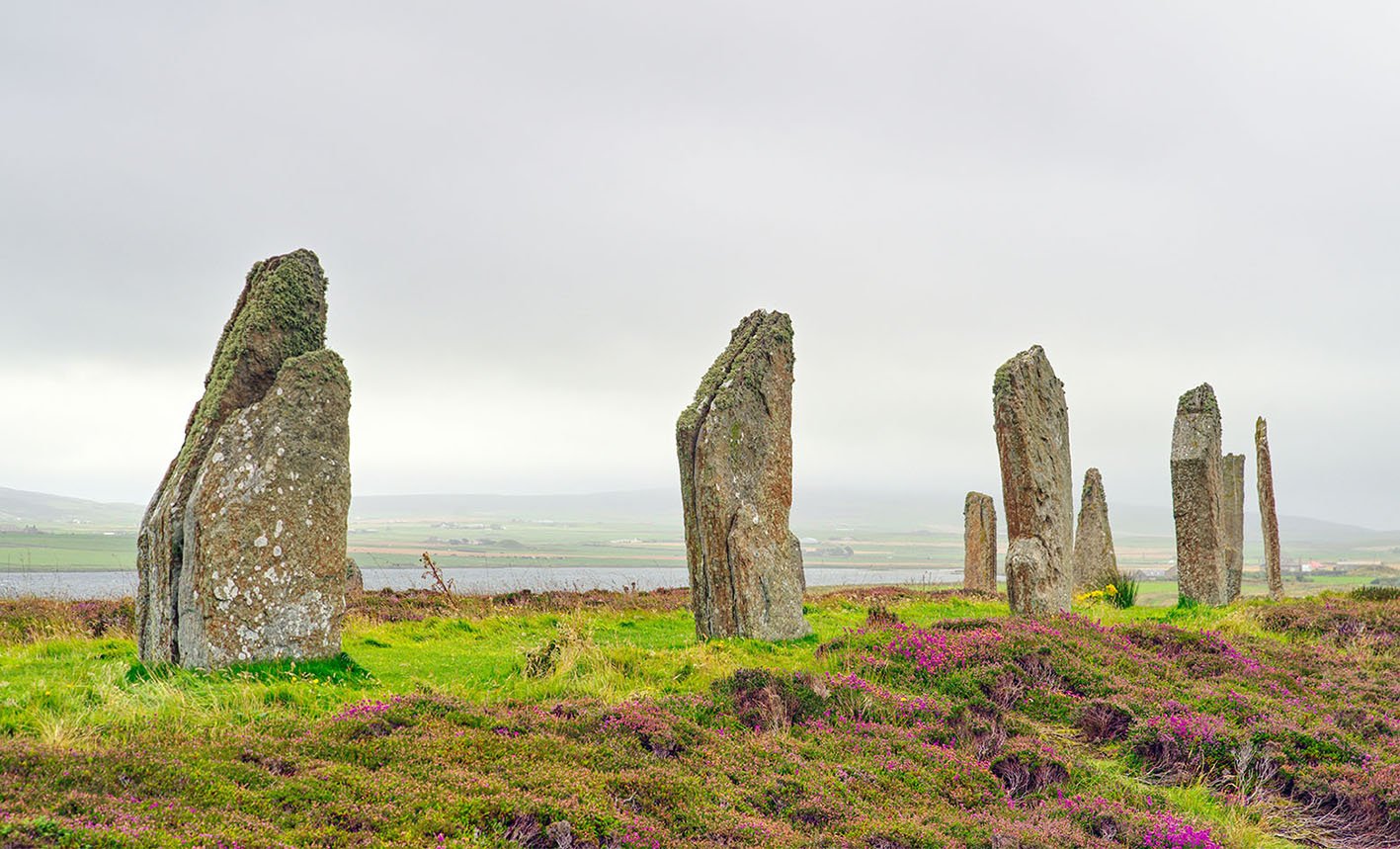Comprising approximately 70 islands, of which 20 are inhabited, Orkney is renowned for its stunning natural landscapes, rich history, and distinctive culture.
The Orkney Islands are an archipelago located off the northeastern coast of Scotland, surrounded by the North Sea and the Atlantic Ocean. This geographical location has historically made the islands a point of convergence for various cultures, creating a unique blend that attracts visitors from across the globe.
Culturally, Orkney is significant for its profound historical roots, with settlements dating back to the Neolithic era. The islands boast an array of archaeological sites, including the famous Skara Brae, a UNESCO World Heritage site that showcases remarkable stone structures from over 5,000 years ago. These ancient remnants illustrate the rich tapestry of human activity that has taken place on the islands, making it a key location for historians and archaeologists alike. The Norse influence is particularly notable, reflecting a time when the islands were an integral part of the Viking Kingdom.
In addition to its archaeological treasures, the Orkney Islands are celebrated for their breathtaking natural beauty. The rugged coastlines, rolling hills, and scenic beaches create a picturesque backdrop that captivates nature lovers and outdoor enthusiasts. Visitors can explore a diverse range of activities, from birdwatching at the renowned RSPB reserves to hiking the numerous trails that wind through the islands' stunning landscapes. The vibrant marine life also adds to the allure, offering opportunities for whale watching and diving among historic shipwrecks.
Places
In the Orkney Islands

Kirkwall
Kirkwall, the vibrant capital of Orkney, is rich in both historical significance and natural beauty, making it a must-visit destination for those seeking a blend of culture and adventure. A primary attraction is the Orkney Museum, which provides visitors with an enlightening overview of the archipelago’s history, showcasing artifacts that date back thousands of years. For whisky enthusiasts, the Highland Park Distillery offers a guided tour that takes you through the whisky-making process, complete with tastings of their renowned single malt.

Skara Brae
Among the numerous historical sites in Orkney, Skara Brae stands out as a remarkable testament to life during the Neolithic period. This prehistoric village, dating back to around 3100 BC, was uncovered by a storm in 1850 and has since been designated as a UNESCO World Heritage Site. The well-preserved structures, complete with stone furniture and intricate drainage systems, provide invaluable insights into the daily lives of its inhabitants, showcasing their architectural ingenuity and societal organization.

Ring of Brodgar
A significant landmark in Orkney is the Ring of Brodgar, which is one of the best-preserved stone circles in Britain. This monumental structure, formed of 60 standing stones, is believed to date back to 2500 BC and serves as a prime example of Neolithic ceremonial practices. The ring is entwined with myth and folklore, highlighting the spiritual life of the ancient Orkney people. The alignment of the stones and their placement in the landscape suggest that they may have served astronomical or ritualistic purposes, further enriching their historical significance.
